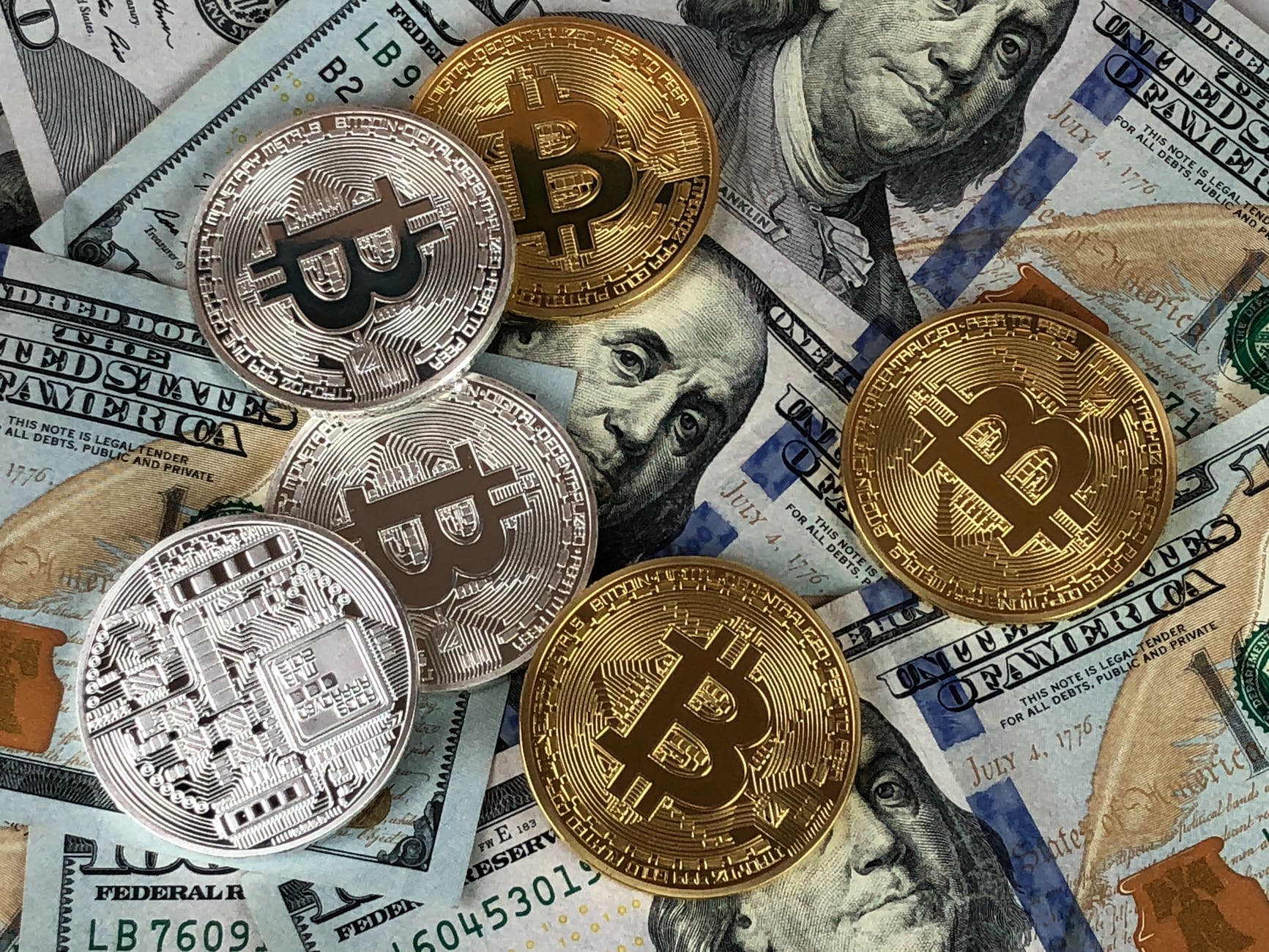Understanding Blockchain:
From Decentralization to Anonymity

If you’ve heard of bitcoin or any other cryptocurrency, then you’ve surely heard about the technology that makes it all possible—blockchain. And in just a matter of years, this so-called digital ledger became synonymous with words like “decentralization” and “anonymity”, inspiring confidence among traders and businesses around the globe.
But, being someone who’s yet to decide whether to go all in on cryptocurrencies, you can’t help but be a bit skeptical. Does it truly embody these buzzwords? Is it as infallible as everyone makes it out to be? Your mind is filling up with these kinds of questions. Well, it’s about time to find some much-needed answers.
How is Blockchain Decentralized?
The technology, by design, stores information throughout a network of computers. No single participant in that network has authority over others, and so, changes need to be approved through consensus. This means that if a copy of the data gets tampered with, it will simply be rejected by other members—seeing that it no longer matches what’s stored by the majority.
This decentralized approach isn’t simply about shifting power away from a single entity or making it easier to detect fraudulent data entries, however. For one, in the case of bitcoin in relation to conventional banking, people won’t have to worry about following business hours and can simply carry out transactions anytime they wish.
Another perk to a decentralized system is not having a single point of failure. Even if one computer breaks down or is compromised (such as in the case of hacking incidents), the ledger itself won’t be affected. There won’t be downtime either. This isn’t the case with banks, of course, where technical troubles often cause frustration to everyone involved.
Just How Anonymous is Blockchain?
Truth is, the technology only provides a good level of confidentiality, not anonymity—especially in the context of its financial applications. Confused? Many who believe that it’s anonymous tend to focus at the lack of personal info needed for creating a wallet and the use of public keys whenever transactions are made.
If those are the only things you’ll need, identifying you won’t be possible. But since you have to rely on exchanges to convert your crypto into cash and vice versa, you will still end up providing your personal details as you sign up for these services. With this, your wallet or the key representing your transactions can realistically be traced back to you.
This is why people with shady intentions have to do all sorts of schemes to blur their trails. For example, some use mixer or tumbler services to combine their crypto with those of other people before finally sending it to the intended recipient. Fortunately, authorities worldwide are constantly developing new ways to identify and trace these “dirty” virtual money.
An Intriguing Future Ahead
All in all, blockchain does support decentralization, making it easier to shift power away from a single authority. While this has its perks, there’s also the risk of it being used illegally. And so, it’s interesting to see how things will unfold as cryptos go mainstream. Will increased regulation shape its future, or will it still be the people who’ll determine its fate? Only time will tell.